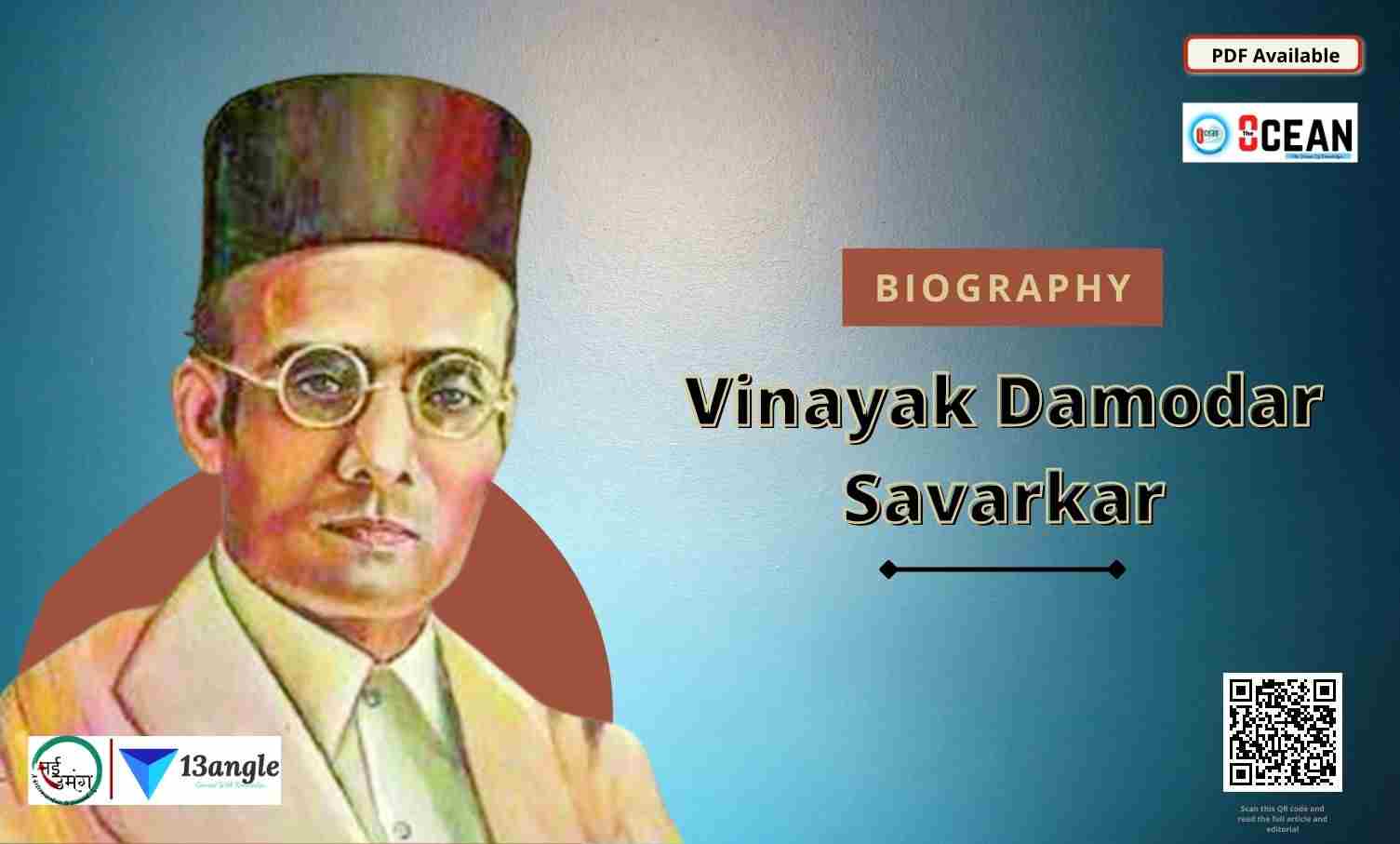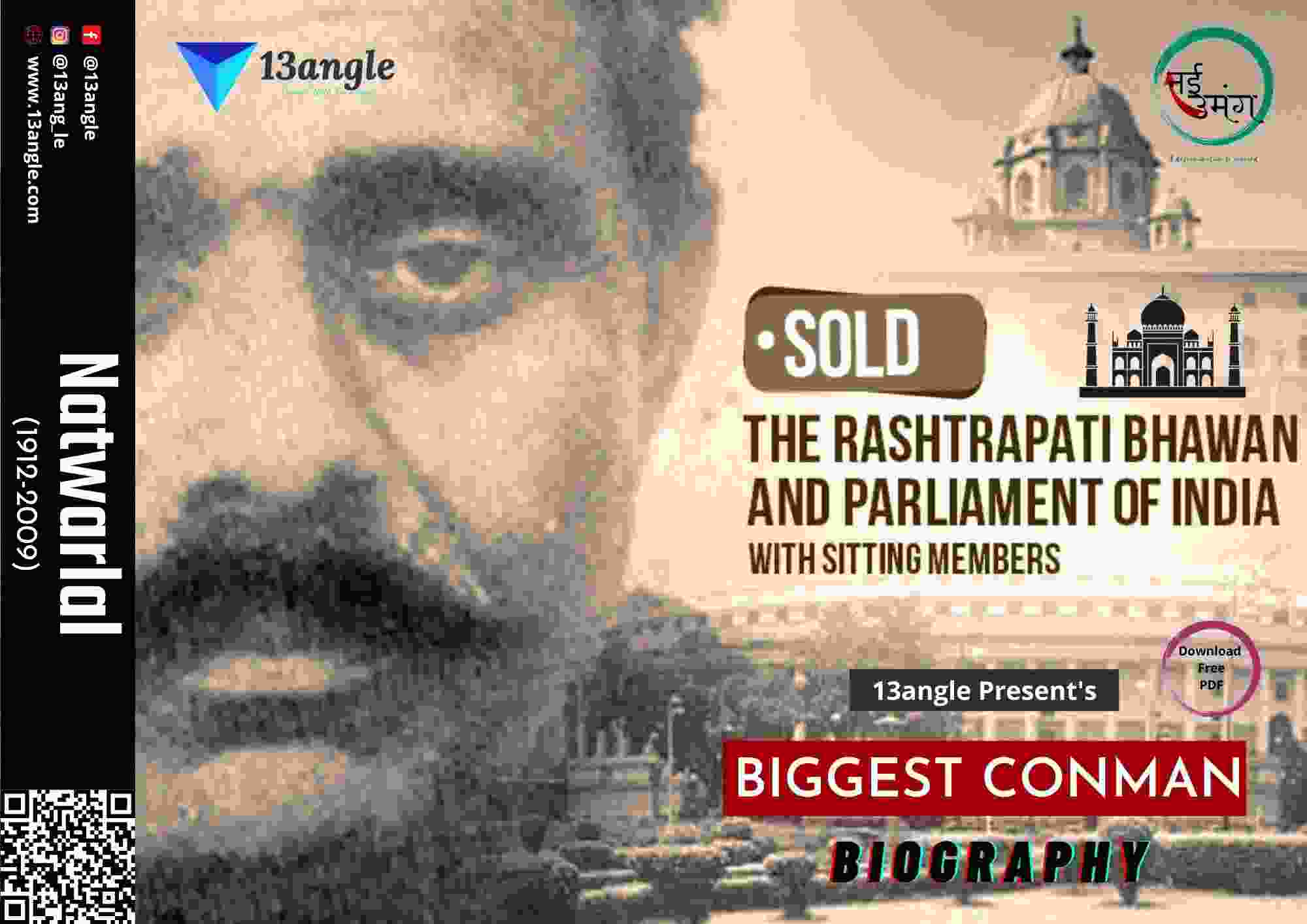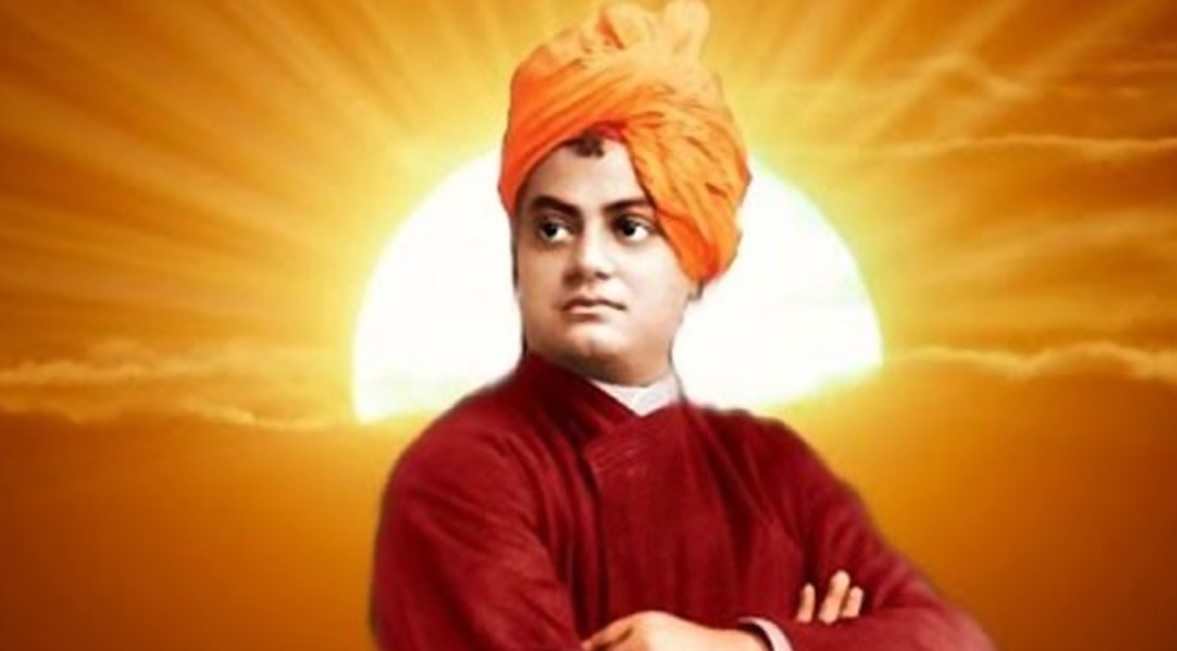
Introduction
Childhood:
- Swami Vivekananda was a Hindu Spiritual Leader and Reformer who was born on the 12th of January 1863 in Kolkata. His birth name was Narendra Nath Datta or Narendra Dutt. His parents were VishwanathDatta who was a successful attorney with an interest in a wide range of subjects and his mother was Bhuvaneshwari Devi who had Deep devotion, strong character, and other qualities from which a part of Swami Vivekananda’s inspiration comes. Being a precious kid, Narendra excelled in everything he did.
Brief Introduction:
- He attempted to combine Indian spirituality and Western Culture. He also attempted to bring both aspects s together which supplement and complement each other. He always believed in one person’s higher self, he also and the noblest vision the thought to labor for the cause of humanity. This day is celebrated as the National Youth Day in order to honor him for the awakening of Numerous Youth across the Globe. He was born into an upper-middle-class family which belongs to the Kayastha caste. He was a Chief Disciple of Ramakrishna Paramhansa. He was first introduced as a Philosopher of Vedanta and Yoga to the world. He is considered to be the reason for the major force for the revival of Hinduism in India and is credited with interfaith awareness in India as well.
Early Life
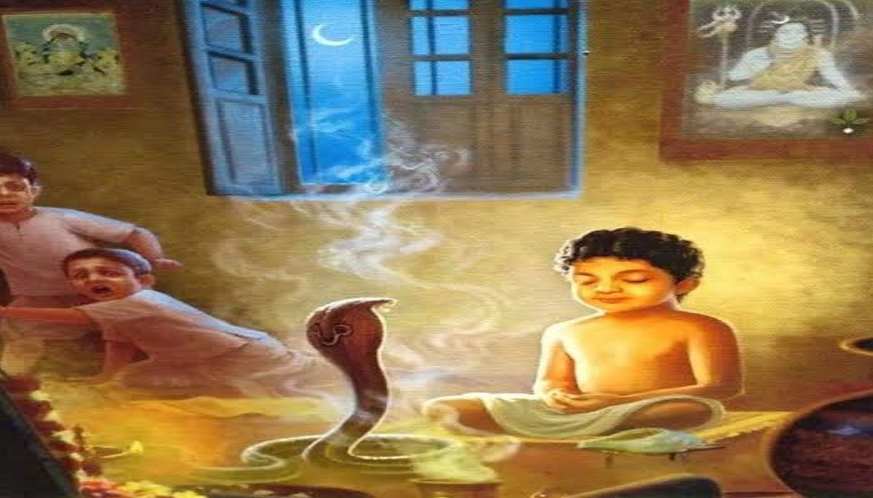
Swami Vivekananda was born at his ancestral house in a Bengali family. He was born in which was the Capital of British India. His grandfather was a Sanskrit and Persian scholar. The progressive and rational attitude of Narendra’s father and the religious temperament of Narendra’s mother helped him shape his thinking and personality. Narendra was very much interested in spirituality from a young age and practiced meditation in front of the images of Shiva, Rama & Sita, and Mahaveer Hanuman. During his young age, he was very much fascinated by the wandering ascetics and monks.
Narendra was naughty and restless as a child and his parents often found it difficult to control him. His mother playfully says, “I prayed to Shiva for a son but he sent one of his demons.” Born into a Yogic temperament he used to practice meditation from his boyhood and also involved himself in the Brahmo movement for some time. In his boyhood, he usually said that he would become a Sannyasi (a monk). A famous palmist Cherio predicted that he would become a sannyasi.
Education
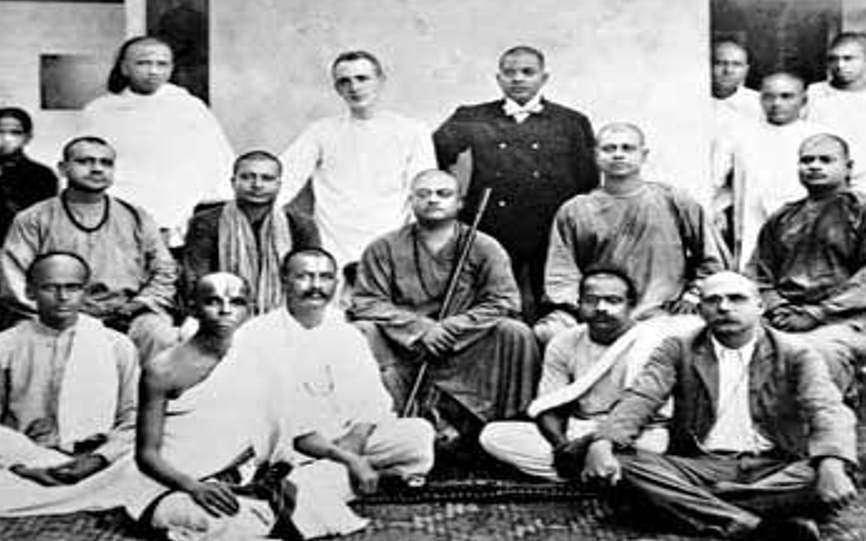
At the age of eight in 1871 he was enrolled in Ishwar Chandra Vidyasagar’s Metropolitan Institution was Narendra’s school until they moved to Raipur in 1877. In 1879, after his family returned to Calcutta, he was the only person to attain first-division marks in the entrance test of Presidency College.
He was an avid reader in a wide range of subjects. It includes Philosophy, Religion, History, Social Science, Art and Literature. He was also interested in Hindu scriptures, including the Vedas, the Upanishads, the Bhagavad Gita, the Ramayana, the Mahabharata, and the Puranas. Narendra was also trained in Indian Classical Music and regularly participated in physical exercise, sports and organized activities. Narendra studied Western logic Western philosophy and European history at the General Assembly’s Institution. In 1881, he passed the examination of fine art and completed a degree in the Bachelor of arts in 1884.
He was fascinated by the Evolutionism of Herbert Spencer and corresponded with him Narendra translated Herbert Spencer’s Education (1861) into Bengali. William Hastie Narendra’s principal wrote that Narendra is really a genius. I have traveled far and wide but I have never come across a lad of his talent and possibilities, even in German universities, among philosophical students. He is bound to make his mark in life.
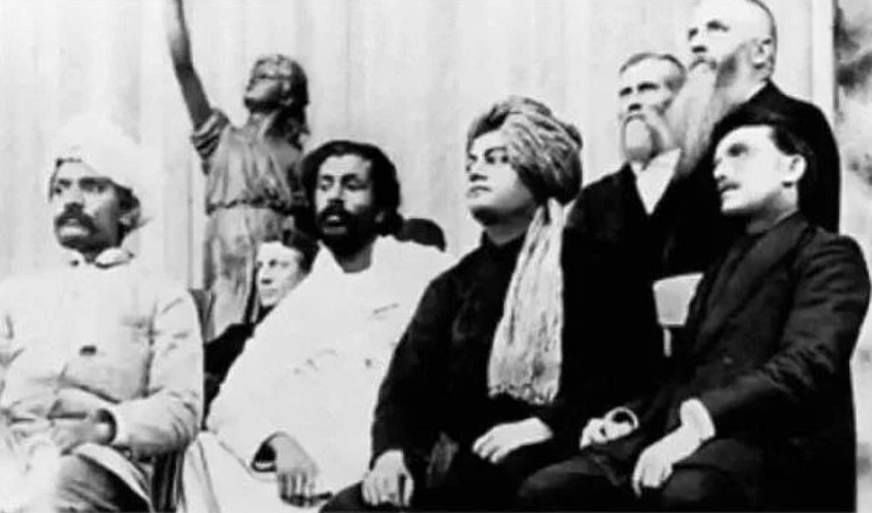
Narendra was known for his prodigious memory and the ability to speed reading. Once, Vivekananda was good ng over some poetical work and did not reply when the professor spoke to him. Later, he apologized to Dr. Deussen explaining that he was too absorbed in reading and hence did not hear him. The professor was not satisfied with this explanation but Vivekananda quoted and interpreted verses from the text, leaving the professor dumbfounded about his feat of memory. Once again, he requested some books written by Sir John Lubbock from q library and returned them on the very next day claiming that he had read them. The librarian refused to believe him until cross-examination about the contents convinced him that Vivekananda was being truthful.
After his father’s death, Vivekananda asked Ramakrishna Paramhansa to pray for his family but he refused it and told him to do it himself in front of Goddess Kali. He could not ask for anything other than conscience and reclusion. That day he was marked with spiritual awakening and a way of aesthetic life was started. This was the turning point in his life and accepted Ramakrishna as his Guru.
Career
Swami Vivekananda is an influential personality who is credited with enlightening the western world about Hinduism. He also represented Hinduism in the Parliament of Religions in 1893 in Chicago and due to this an unknown monk of India suddenly leaped into fame. On 11 September 1893, he came upon the stage and stunned everyone while saying “My brothers and sisters of America”. For this s, he received a standing ovation from the audience. He described the principles of Vedanta their spiritual significance etc.
He stayed in America for nearly two and a half years and founded the Vedanta Society of New York. He also traveled to the United Kingdom to preach the philosophies, spiritualism, and Principles of Vedanta.
“All powers in the universe are already ours it is we who have put our hands on our eyes and call it dark.”
– Swami Vivekananda
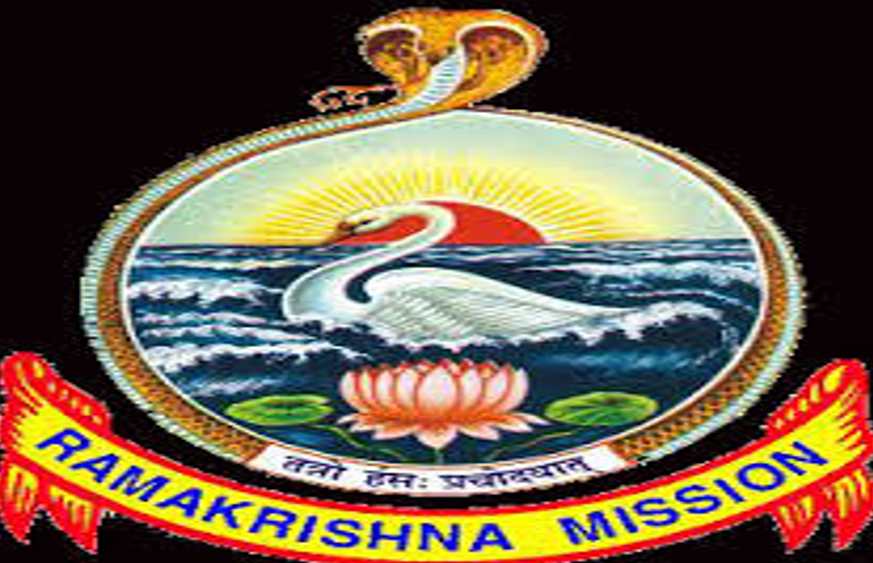
- Around 1897, he returned to India and reached Calcutta where he founded Ramakrishna Mission on 1st May 1897 for one’s own salvation and for the Welfare of the World. Vivekananda’s lectures, writings, letters, and poems were published as The Complete Works of Swami Vivekananda. He has always focused on teaching universal principles rather than personalities. He had tremendous intellect. His unique contributions always enlighten and awaken the listeners. He was a spiritual and social reformer. The goals of the mission were based on Karma Yoga and its main objective was to serve the poor and the suffering or distribute the population of the country. Several social services are also performed under this mission like establishing schools, colleges, and hospitals. The teaching of Vedanta was also provided through conferences, seminars, workshops also rehabilitation work across the country.
“Learn everything that is good from others but bring it in and in your own way absorb it: do not become others.”
– Swami Vivekananda
- Swami Vivekananda’s teachings were mostly based on Ramakrishna’s spiritual teachings of Divine manifestation and his personal internalization of the Advaita Vedanta Philosophy. According to him, the ultimate goal of life is to achieve the freedom of the soul and that encompasses the entirety of one’s own religion.
Works And Contributions
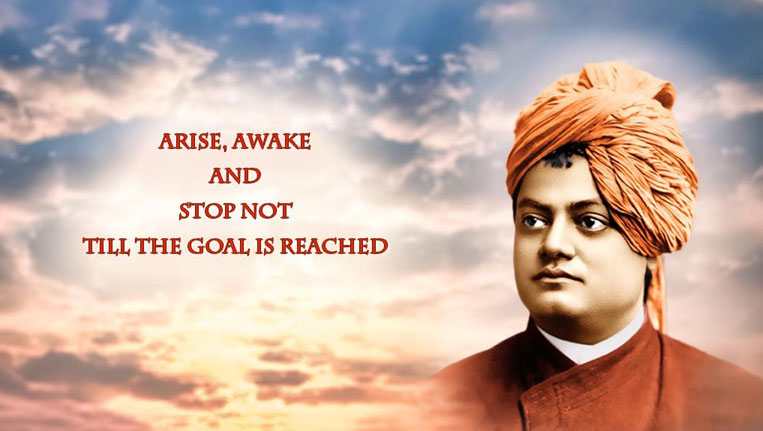
The Complete Works of Swami Vivekananda was a work that compile all the lectures, speeches, and letters of Swami Vivekananda; Swami Vivekananda’s Speeches at the Parliament of Religions, Chicago, 1893; Letters of Swami Vivekananda; Jnana Yoga- The Yoga of Knowledge; The Yoga of love and devotion; The yoga of action; and Raja Yoga-The Yoga of Meditation were some of the works of Swami Vivekananda.
Vivekananda, A Biography, by Swami Nikhil Ananda; Swami Vivekananda by Eastern and Western Disciplines; The Master As I Saw him by Sister Nivedita; Reminiscences of Swami Vivekananda; The Life of Swami Vivekananda by Romain Rolland were some notable works written on Swami Vivekananda.
No doubt that his teachings awakened only the youth but also the whole world. He laid the true foundation of India’s unity as a nation. He taught us how to live together with so many diversities. He was successful in constructing a virtual bridge between the culture of the East and the West. He played a key role in isolating India’s Culture from the rest of the World.
“Take up one idea, make that one idea your life, think of it, dream of it, let the brain, muscles, nerves, every part of your body be full of that idea, and just leave every other idea alone. This is the way to success.” -Swami Vivekananda.
Contributions
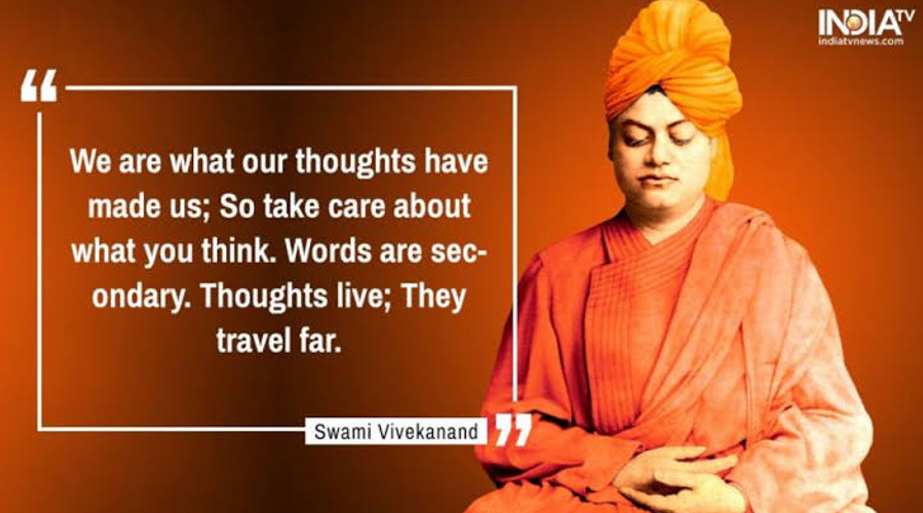
Swami Vivekananda was an Indian Hindu monk who played a significant role in the rising Indian nationalism of the 19th and 20th centuries, reinterpreting and harmonizing many aspects of Hinduism. His teachings and theories have extended this reinterpretation to different areas of education, religion, character building, and social issues pertaining to India, and have also been instrumental in bringing Yoga to the West.
Swami Vivekananda commemorated Ramakrishna’s mission in order to spread the teachings of his guru Ramakrishna Paramhansa. He believed that the best way to serve God is to serve humanity which became the motto of the Ramakrishna Mission.
Swami Vivekananda played a vital role in the upbringing of Indian Nationalism by the end of the 19th and 20th centuries inspiring many Indians to succeed and appeal to the West. His examples set fire to the pride of India’s culture and religious heritage and to stand up against the British colonial regime. He was an active member in many big campaigns against the British.
His vision for the future of India had no discrimination of caste, creed, color, religious superiority, or race. He recognized the infinite potential of India, which lies in its principles. His faith tells people that God exists in all and therefore no one should be harmed.
Vivekananda stressed those noble values such as manhood, honor, and a sense of human integrity should be developed by all individuals. These individualistic characteristics had to be complemented by a positive sense of caring for the neighbor.
Achievements
Swami Vivekananda cleansed Hinduism. Prior to the 1820s, the Hindu system was completely corrupted by the hierarchical caste system. He realized like Ishwara Chandra Vidyasagar and Raja Ram Mohan Roy before him, that all these practices were contrary to the Vedanta and other philosophies. So he spent many years searching for the document to figure out what our ancestors directed us to.
He later showed his followers that as per Gita, IDOLATRY IS A LOWER FORM OF RELIGION THAN WORSHIP OF THE DIVINE. He also revealed that there were commandments telling the Brahmins to respect all other castes including the Shudra caste, which at the time of Vivekananda was treated like animals.
He perhaps the first monk from Adi Shankar’s tradition of Advaita Vedanta to have preached meat-eating throughout the length and breadth of India. He also preached Brahmacharya. He did so in order to make Hindutva free from the corruption of Varnashrama-dharma. He wanted to reinstate the Vedic institution of Brahmacharya-ashrama and rejuvenation of Kshatriya-Varnavas was one of his objectives. He stressed the importance of women’s empowerment and he frowned upon the vices of caste, astrology, and hypocrisy. His thoughts equip us in our struggle against poverty, history, centrism, unethical conversation, and cultural misappropriation of the weak by the strong.
He also understood the subtleties of intoxicants and allowed the monks of Ramakrishna Math to have cigarettes. He stressed the importance of experiential realization of the Ultimate Reality as described in Advaita Vedanta philosophy. It is something that is missing in a more dominant interpretation of Vedanta even today.
“Sri Ramakrishna was a symbol of all that India has thought about for the past 5000 years. Swami Vivekananda is the symbol of all that India will think for the next 1500 years”
–Sister Nivedita.
National Youth Day
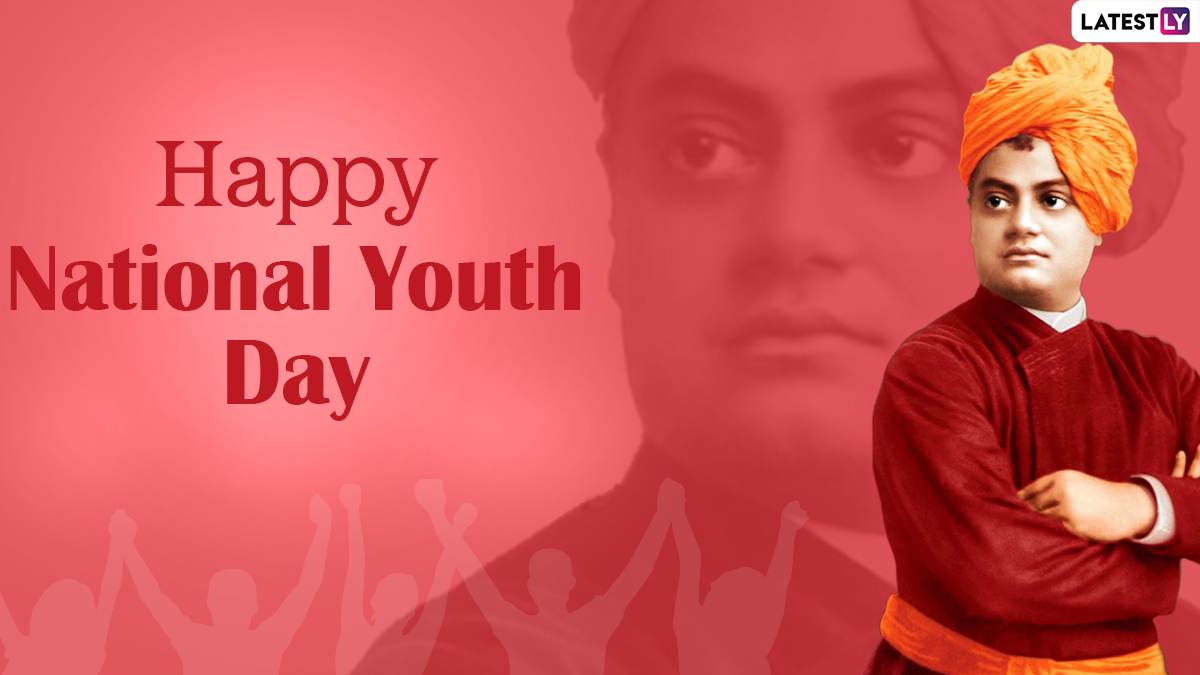
“Man is born to conquer nature and not to follow it.” Were the words spoken by a philosopher whom Swami Vivekananda still reverberates in the ear of every individual who wishes to overcome any difficulty with their fearless attitude? Swami Vivekananda’s life and teachings have encouraged millions across the world.
In 1985 the Government of India declared Swami Vivekananda’s birthday which falls on January 12th as National Youth Day in honor of the great philosopher and monk. Since 1985, this day is celebrated as National Youth Day all over India.
One of the greatest patriots, he was also credited for introducing Indian philosophies of Vedanta and Yoga to the Western World. Although he was devastated by the demise of his father, Shri Ramakrishna Paramhansa, he embarked on a long journey to explore and discover every part of India.
His message to the youth was, “What I want is the muscle of iron and nerves of steel, inside which dwells a mind of the same material as that of which the thunderbolt is made.” Through messages like this, he wished to instill basic values into the youth.
He always inspired the youth to have a confident attitude. The reason behind it- people are always fearful of the challenge presented by life when they don’t have confidence in themselves.
Swami Vivekananda had believed that anything which makes us weak spiritually, physically, or mentally should be rejected like poison. Weak thoughts should be replaced with optimism with the help of yoga and meditation.
Conclusion
- Swami Vivekananda was one of the legends who made India proud only through words. He has inspired nations through his speech. He always showed that religion can be an instrument for harmony and peace between people across the globe. He was a great spiritual man and a philosopher. He wanted a global spirituality, harmony, universal brotherhood, and peace. His teachings and philosophy still exist in the present day and guide the modern era youth. His founded organization is spreading his teachings and philosophy and working for the improvement of society and the nation. He promoted Vedanta and many social services. He will be an inspiration for the youth of the world forever.
Top 13 Facts About Swami Vivekananda
Swami Vivekananda’s Pre-monastic name was Narendra Nath Datta. He was born into a temperament of yogis and usually used to meditate in his early ages.
He is known for his oratory skills, especially for the English speeches he gave in Chicago are still famous even today.
He had a love for animals from his childhood.
After his father passed away, his family faced extreme poverty.
Swami Vivekananda’s sister Jogendrabala committed suicide.
When Narendra became a monk he changed his name to Swami Vividishanand, and later Vivekananda.
No women entered Swami Vivekananda monastery, not even his mother.
Swami Vivekananda was so engrossed in serving the needy that he failed to take care of himself.
Swami Vivekananda predicted that he would never cross the age of 40 years. And he was true that he died at the age of 39.
India’s Vedanta reached all countries of America and Europe only through Swami Vivekananda’s teachings.
Swami Vivekananda was fond of tea and kichadi, as pertaining to food.
Swami Vivekananda was always devoted to his mother and worshipped her all his life.
Swami Vivekananda had an affinity for music from a young age. He was a qualified classical musician trained in dhrupad by two maestros Beni Gupta and Ahmad Khan.


